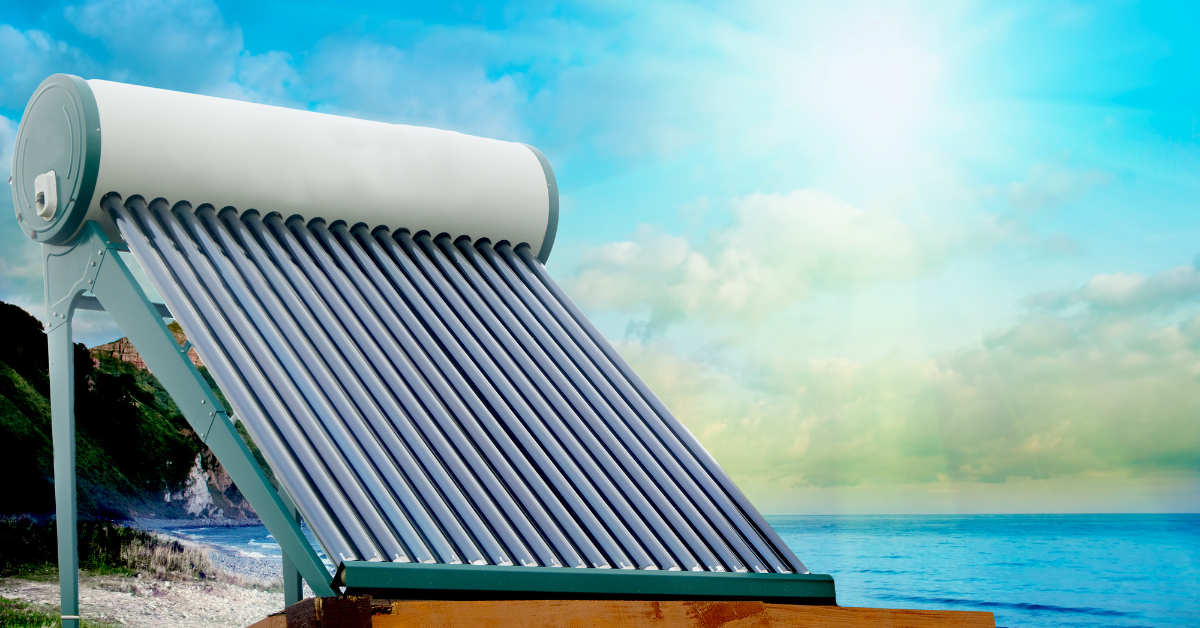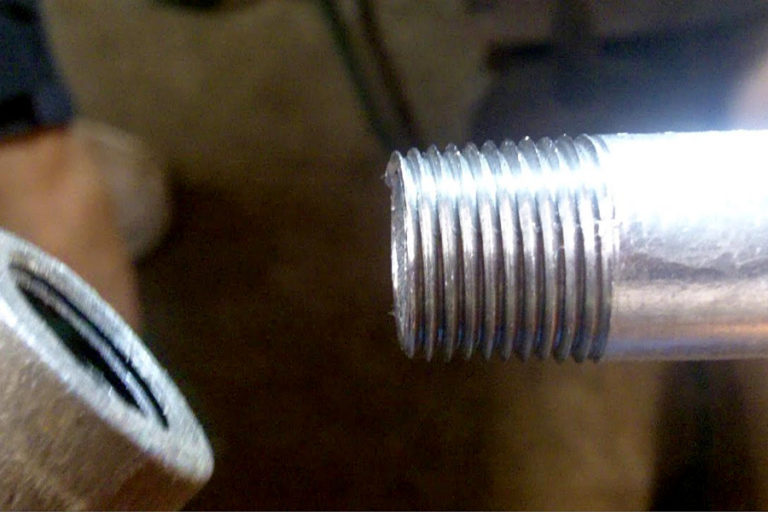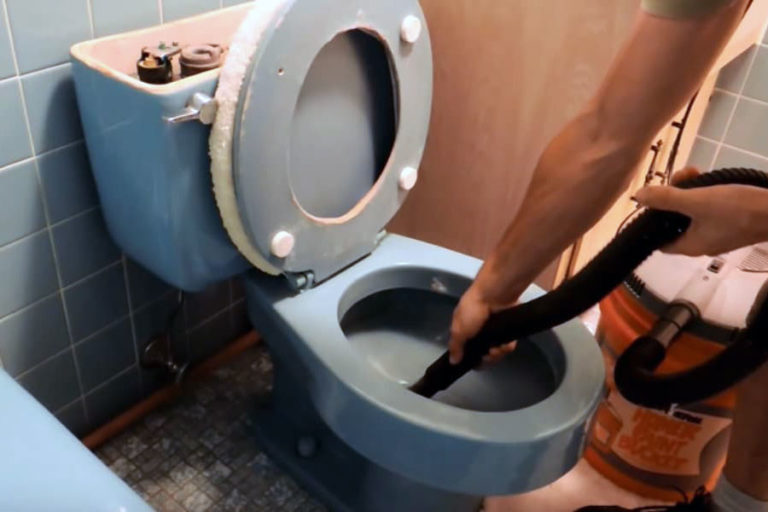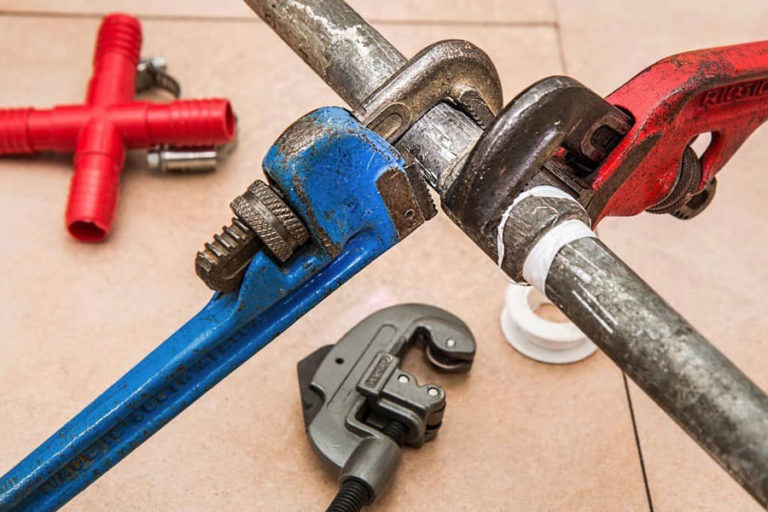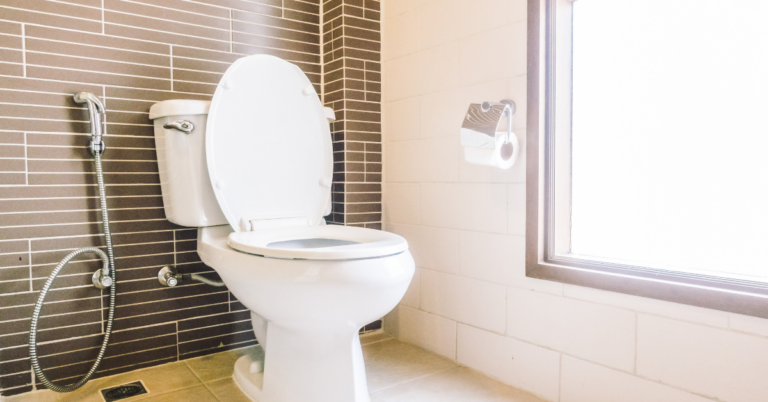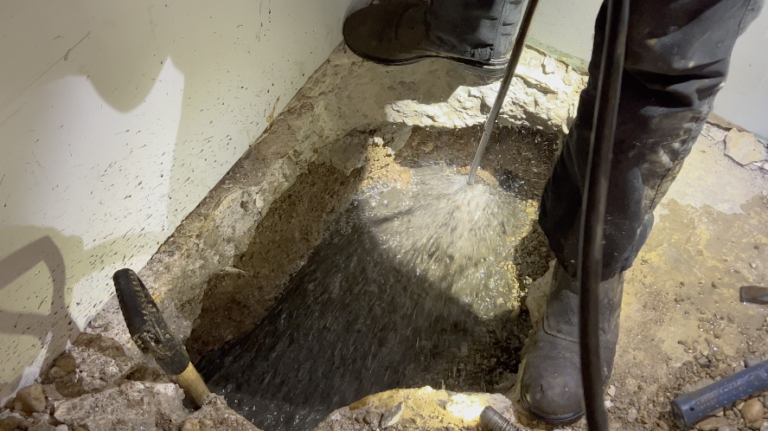All About Solar Water Heaters
A great way to save on energy costs associated with heating your water is solar water heaters! This little-known tool can be a great way to be a little bit more eco-friendly without sacrificing your comfort. There are several different types of solar water heaters, as well as benefits and disadvantages to know before you decide to make the switch.
Types of Solar Water Heaters

There are two main types of solar water heaters and two subtypes within those. These four different solar water heaters have their benefits and disadvantages. Some work well in warmer climates, and some work well in colder or cloudy climates. There are two main parts to these machines, the collector and the storage tank. These are what collect the sun’s rays to heat the water in your home.
Active Solar Water Heaters

The first main type of solar water heaters is active solar water heaters. These circulate water through a collector system and into your home. As the name suggests, they use more active systems to get the water into your home.

The first subtype of this is called a direct circulation system. This type uses pumps to circulate the water throughout the whole system. It first starts at the collectors and through our home. Since the collectors are stored on the roof, this system is not great for those living in areas where the weather falls below freezing often. The pipes freeze much easier outdoors and can burst, which will leave you without hot water.

The second subtype is indirect circulation systems. This type of solar water heater is better in colder climates because it works by using a heat transfer liquid in the collection system. This heat transfer liquid is non-freezing, so even in below-freezing temperatures your water heater will still work. It also uses a heat exchanger, which warms the water in the storage tank.
Passive Solar Water Heaters
There are some differences between passive and active solar water heater systems. They generally tend to be a little more dependable but aren’t as efficient. For cloudy or cold days they can store hot water. However, eventually this will run out. A lot of solar water heaters have backup traditional water heaters for this reason.

The integral collector-storage system has a storage tank where the water is heated by the sun. When the hot water is being used then it flows into the pipes. The passive system uses gravity for the water to flow through the pipes. Just like with the first type of active system, these are not great in areas where it tends to get below freezing.

The second type of passive solar water heater is a thermosyphon. These sit on your roof and heat the water using convection and a heat exchanger. Once again, when the hot water tap turns on the water will flow to that pipe. This type works better in cooler climates.
Benefits of Solar Water Heaters

One of the main benefits of a solar water heater is that it uses renewable, clean energy. This will reduce your carbon footprint as you will use less natural gas or electricity to power your home. When combined with a full solar system to power the rest of your home, you will significantly reduce your carbon footprint.

Along with reducing your carbon footprint, you will also reduce your energy bill. If you just use a solar water heater, the savings will be about $800 a year. People reported that in a few years, the initial investment was covered by what they saved in energy bills. This savings greatly increases again if you install a whole home solar panel system.

There is generally less maintenance than a traditional water heater. With a solar water heater system, you will need to add the antifreeze every few years, if your system uses that. If you have hard water, the maintenance may be more frequent. To reduce maintenance there, and in the rest of your home, you would need to install a whole-home water softener.
There are also tax benefits, we suggest reaching out to a tax or solar panel company to see what the latest benefits are. This can help reduce the overall cost of the system.
Disadvantages of Solar Water Heaters
The biggest disadvantage is cost. They can be a lot more expensive than your traditional system. It does require some repiping to the home, so it can be up to about 9,000 dollars. However, with energy savings, rebates, and tax breaks it can make that system more affordable.

Climates also have a big effect on the efficiency of a solar water heater. If you are in a sunny, warm climate then they will work out well for you. However, colder or cloudy conditions can affect the amount of hot water you may have. Now, a backup traditional tank will help in this situation. However, that doesn’t save on your energy bills or help the environment.
Lastly, installing a solar water heater isn’t installing solar panels to power the rest of your home. So, as an add-on to your existing panels, this might be a great fit, or if you are wanting to switch to totally solar.
Final Thoughts
Installing a solar water heater is a great option if you are interested in becoming more eco-friendly and saving on your energy bill in the long run. You won’t notice a difference in the amount of hot water you have on a day-to-day basis. Just be sure that you are fully informed before purchasing climate can make a big difference in the efficiency of your solar water heater.
Call 1-Tom-Plumber
Don’t hesitate to contact us here or call us at 1-Tom-Plumber (1-866-758-6237) if you need any plumbing, drain cleaning, or excavation service. 1-Tom-Plumber’s certified team of plumbers and drain technicians respond immediately to any emergency plumbing, drain cleaning, or water damage problem. We also handle the excavation of underground water lines and sewer main lines. Our immediate-response team is available every day and night of the year, even on holidays.

